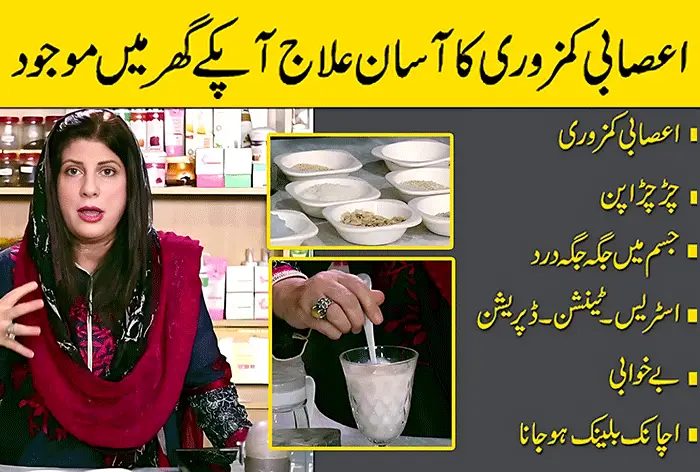Introduction
Bad breath, also known as halitosis, can be embarrassing and affect your confidence in social situations. While occasional bad breath is normal, persistent or chronic bad breath may indicate an underlying oral health issue. Fortunately, there are several practical tips and habits you can adopt to combat bad breath and maintain fresh breath throughout the day.
Understanding Bad Breath
1. Causes of Bad Breath
Bad breath can be caused by various factors, including poor oral hygiene, bacteria in the mouth, dry mouth, certain foods and beverages, smoking, underlying medical conditions, and medications. Bacteria in the mouth break down food particles and produce foul-smelling gases, leading to unpleasant breath odor.
2. Symptoms of Bad Breath
Symptoms of bad breath may include a persistent foul odor emanating from the mouth, a sour or metallic taste, a white coating on the tongue, dry mouth, and a sticky feeling in the mouth. Individuals with bad breath may also experience self-consciousness, anxiety, or embarrassment in social situations.
Practical Tips for Freshening Your Breath
1. Practice Good Oral Hygiene





Maintaining good oral hygiene is essential for preventing bad breath. Brush your teeth at least twice a day with fluoride toothpaste, floss daily to remove food particles and plaque between teeth, and use a tongue scraper to clean the surface of your tongue and remove bacteria.
2. Stay Hydrated
Drinking plenty of water throughout the day helps wash away food particles, bacteria, and odor-causing compounds in the mouth. Aim to drink at least 8-10 glasses of water daily, and consider chewing sugar-free gum or sucking on sugar-free mints to stimulate saliva production and moisten the mouth.
3. Avoid Foods that Cause Bad Breath
Certain foods and beverages can contribute to bad breath, including garlic, onions, spicy foods, coffee, alcohol, and sugary snacks. Limit consumption of these foods, or brush your teeth or rinse your mouth with water after eating them to reduce odor-causing compounds in the mouth.
4. Chew Sugar-Free Gum
Chewing sugar-free gum stimulates saliva production, which helps wash away food particles, bacteria, and plaque from the teeth and gums. Choose gum with xylitol, a natural sweetener that inhibits the growth of bacteria in the mouth and reduces the risk of cavities and bad breath.
5. Rinse with Mouthwash
Using an antibacterial mouthwash can help kill bacteria in the mouth and freshen breath. Rinse with mouthwash after brushing and flossing to reach areas of the mouth that may be missed by brushing alone. Look for mouthwash containing chlorhexidine, cetylpyridinium chloride, or essential oils for maximum effectiveness.
6. Clean Your Dentures or Dental Appliances
If you wear dentures, retainers, or dental appliances, it’s essential to clean them regularly to prevent the buildup of bacteria and plaque. Follow the manufacturer’s instructions for cleaning and disinfecting your dental appliances, and soak them in an antimicrobial solution overnight to kill bacteria and freshen breath.
7. Quit Smoking
Smoking and tobacco use not only stain the teeth and contribute to gum disease but also cause bad breath. Quitting smoking is one of the most effective ways to improve oral health and eliminate bad breath. Seek support from a healthcare professional or smoking cessation program to help you quit for good.
8. Visit Your Dentist Regularly
Regular dental check-ups and cleanings are crucial for maintaining oral health and preventing bad breath. Schedule biannual visits to your dentist for professional cleanings, oral exams, and treatment of any underlying dental issues that may contribute to bad breath, such as cavities or gum disease.
9. Use Breath Fresheners
Breath fresheners such as breath sprays, lozenges, or dissolvable strips can provide quick relief from bad breath and leave your mouth feeling fresh and clean. Keep breath fresheners on hand for on-the-go use whenever you need a quick breath boost.
10. Manage Underlying Medical Conditions
If bad breath persists despite practicing good oral hygiene habits, it may be a sign of an underlying medical condition such as gum disease, dry mouth, sinus infections, or acid reflux. Consult with your dentist or healthcare provider to identify and treat any underlying medical issues contributing to bad breath.
Conclusion
Combatting bad breath requires a combination of good oral hygiene practices, healthy lifestyle habits, and regular dental care. By following these practical tips for freshening your breath and maintaining optimal oral health, you can enjoy confidence-boosting fresh breath and a healthy smile.



